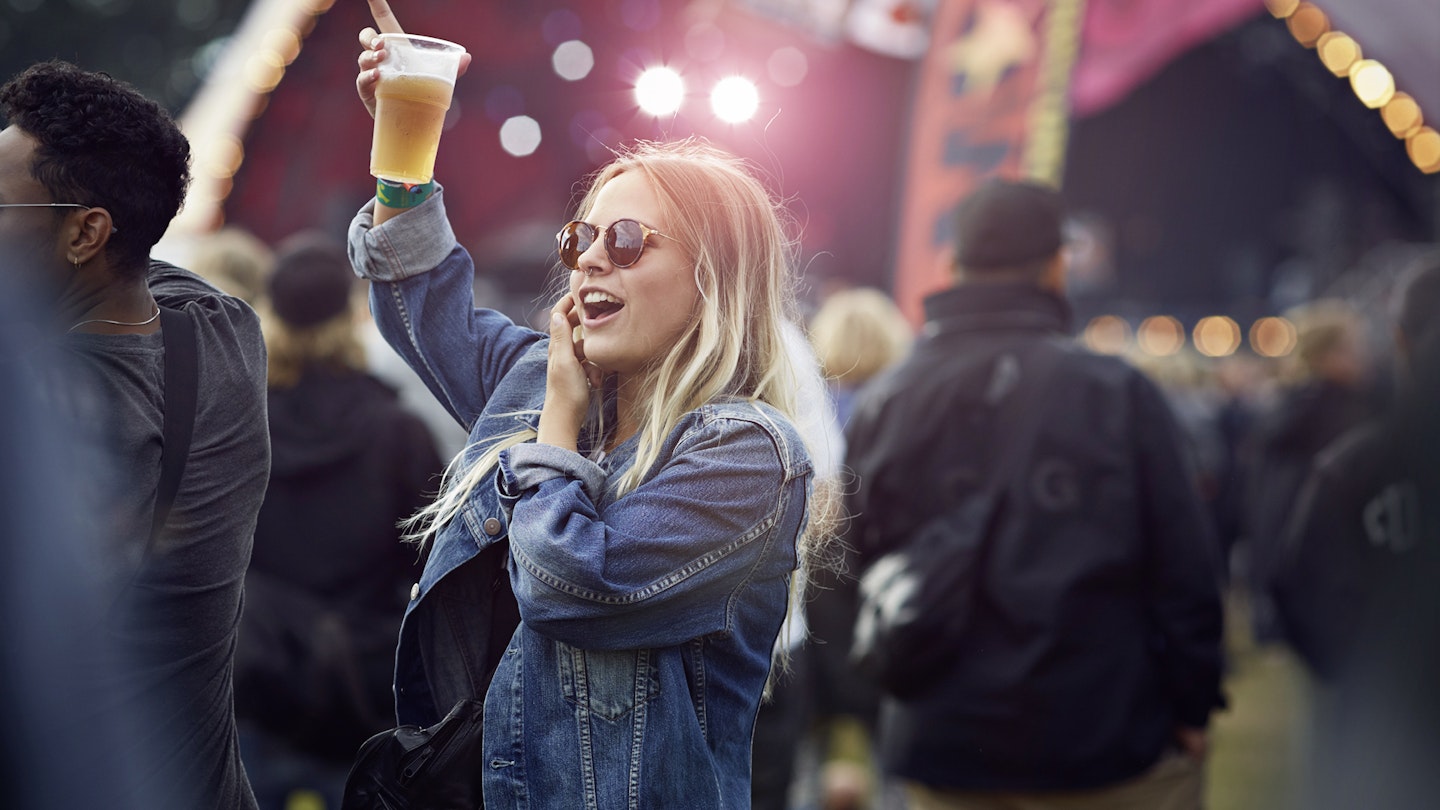As teenagers up and down the country brace themselves for university life, a new survey has revealed that today’s students are more likely to spend Freshers’ Week in the library rather than carousing in the union bar. One in six is now teetotal, with researchers noting that, instead of drinking themselves senseless, young people show evidence of ‘evolving priorities’. Despite being some decades beyond student age, I too understand the notion of evolving priorities.
For, come September,I will be five years sober. If this sounds unfathomable, then that is exactly how I feel about it. Between the ages of 13 and 43, I was engaged in a fabulous, fractious, thirty-year bender in which the highs were stratospheric and the lows lower than I ever want to go again. Drink was my life, my sole hobby, my only joy. Boozing was how I defined myself, the great love of my life – until I broke up with it in 2014. My name is Hannah and I’m an alcoholic.
I still have friends who tell me I wasn’t one. It’s generously meant and I’m grateful – it means I wasn’t a public train wreck. The private mess I was making was quite bad enough: my life fixed in one small, staggering circle, in which nothing was ever confronted or changed. My friends don’t deem me a drunk because I was no more of one than many of they were. No matter what scrapes I got into – and my entire life was a scrape– said stunts were no better or worse than anybody else’s in our society.
But if I have moved on, then so has our culture. According to the latest figures, a fifth of adults are now teetotal, rising to almost a third in London. Even party animal Kate Moss is on the wagon. If one wanted to summarise the statistics: the young are spearheading this revolution, Gen X-ers such as myself are increasingly sober-curious, while Baby Boomers are drinking themselves to death. Much of British society remains perma-pissed.
However, with the oldest Millennials a few years off turning 40 and abstemious Gen Z coming up behind, how long will it be before alcohol abuse joins smoking and drug misuse as being socially unacceptable; not least as it costs the taxpayer more than these other addictions combined?
The same friends who inform me I didn’t have a problem, tell me I make it look easy. It isn’t. I still want a drink – I will always want a drink, but I am doing my damnedest to fashion an identity without one. I don’t miss booze socially – well, not much. However, I still hanker after the heady oblivion it brought; temporary escapism when there was much to escape. As a recovering drunk, I am forced to take responsibility for my emotions after a lifetime of running away from them.
In my first two years of sobriety, I lost both my parents: savage, lacerating deaths, which I would otherwise have absented myself from in the bottle. Instead, I was present for each of them in their suffering, rather than festering in my own. When my baby nephew nearly died, then was rendered brain damaged, I thought I couldn’t bear so much misery. But I could and I did, trying to support my sister rather than submerging myself in my addiction.
Besides, if I drank away the nightmarish things, I’d also be turning my back on the good that has crept into my life since alcohol staggered out of it. At 90 days dry, I met my partner. Had I been smashed, we wouldn’t even have spoken. I would have dismissed his not being drunk as dullness; he would have shunned my histrionics. Last summer, I took on my first mortgage aged 47, and we moved into a flat so beauteous it takes my breath away, also taking possession of the world’s most magnificent dog.
I don’t regret the time I spent drinking. It is who I was. Still, I’m bloody glad it’s not who I am now. As I write this, I start to cry because I’m actually happy – not ecstatic, not manically up and down, just happy. This may not sound like much, but it’s the achievement of my not-so young life.
